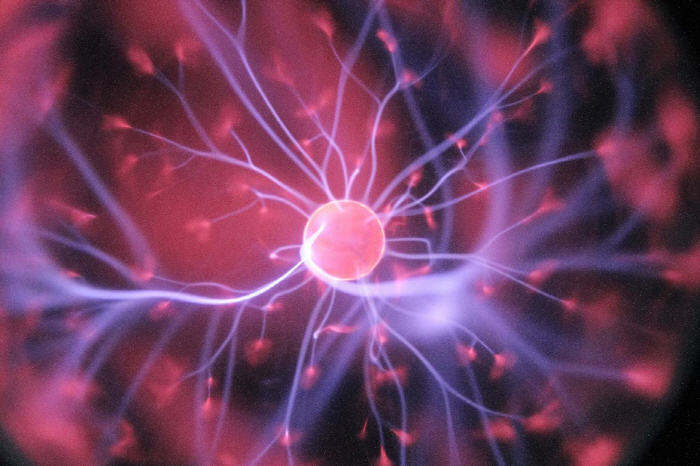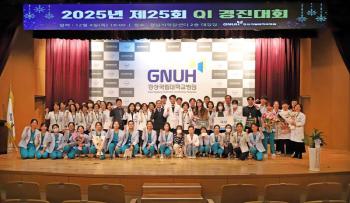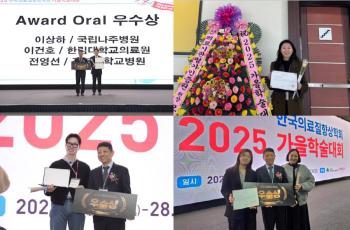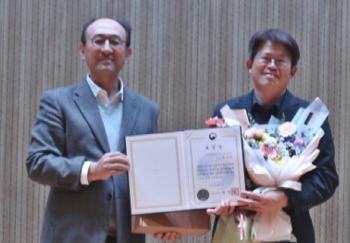Finding new material to revive memory...Korean Researchers Confirm Dementia Suppression Effect
|
A joint research team led by honorary professor Park Gil-hong at Korea University Medical School (Bio Center of Gyeonggi-do Economic and Science Accelerator, Asan Medical Center, and Chungnam National University Graduate School of New Drugs) announced that the ingredient "Pterosin D" stimulates signaling proteins in the brain, helping improve memory and suppress Alzheimer's disease progression.
Unlike conventional dementia treatments, Pterosine D is a new method of action that directly stimulates brain cells and stimulates proteins (PKA, protein kinase A), which play an important role in memory and learning in brain cells. When this protein becomes active, proteins (BDNF, TrkB), which are important for nerve cell growth and memory formation, are activated, improving memory and cognitive function. In fact, laboratory mice with the Alzheimer's gene were fed pterocin D for three months and then labored, and as a result, spatial learning and memory were greatly improved.
In addition, Pterosine D is likely to reduce side effects by directly stimulating protein kinase without increasing intracerebral signal substance (cAMP) levels like conventional dementia treatments. Through computer simulation analysis, the research team confirmed that Pterosin D binds accurately to the active site of this protein.
As a result, it does not affect surrounding cells that protect brain cells, so there are few side effects such as inflammatory reactions. In terms of safety, it passes through the cerebrovascular barrier well and has a low risk of side effects against liver metabolic enzymes, heart, and genotoxicity, so it is considered a safe new drug candidate.
Park Gil-hong, emeritus professor at Korea University's School of Medicine, said, `Pterosine D has shown its effectiveness in restoring cognitive function and memory and regenerating nerve cells by directly targeting the key causes of Alzheimer's disease"This discovery presents a new treatment strategy that can improve dementia and will serve as an important basis for future clinical research."
On the other hand, the study was published in the international journal Journal of Alzheimer's Disease under the title of 'Pterosin D-activated protein kinase A mitigates Alzheimer's disease in dementia gene mice (5xFAD)."
|
This article was translated by Naver AI translator.





